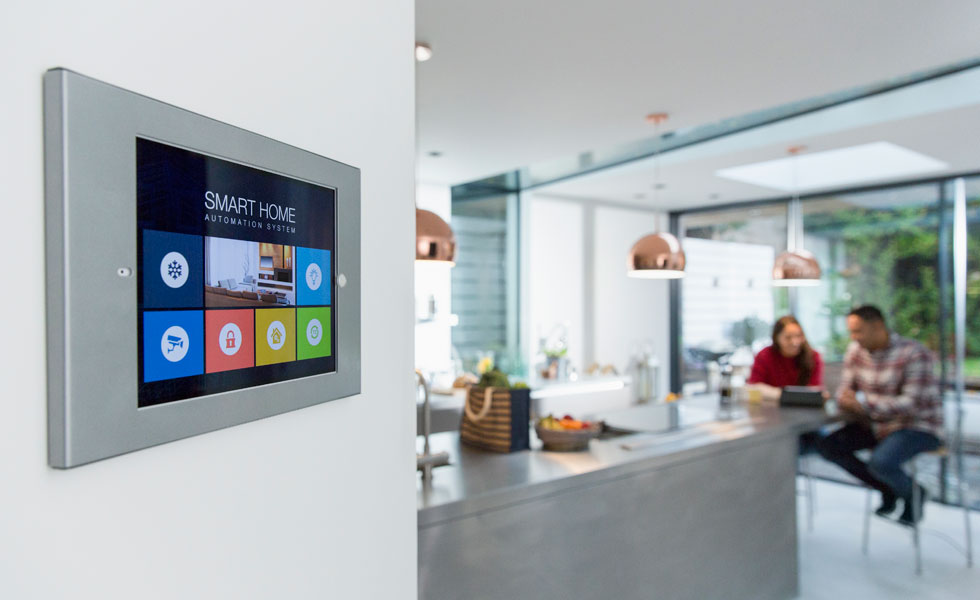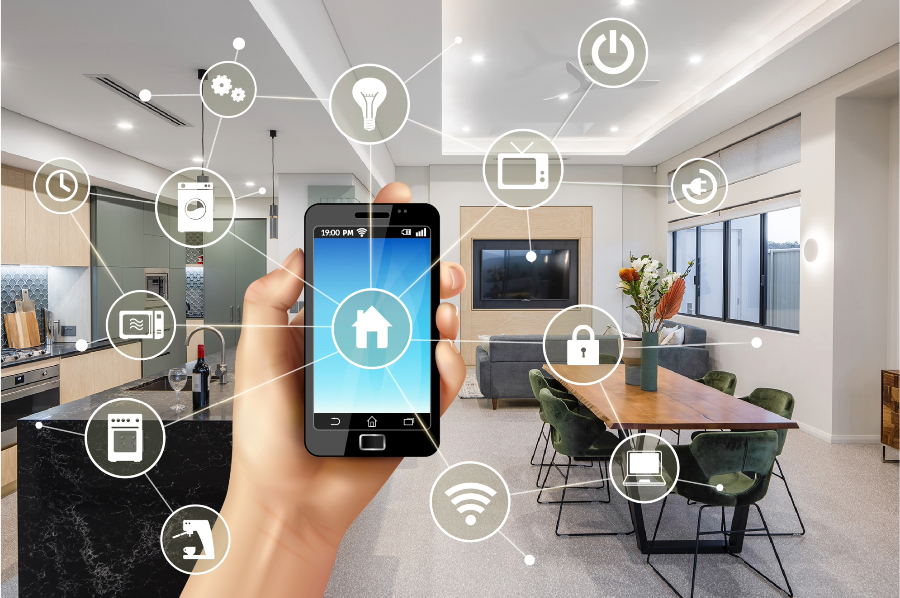In the ever-evolving landscape of urban living, the integration of AI in smart city and smart home connection represents a pivotal shift towards a more interconnected and efficient future. For homeowners and businesses, understanding this transformation is crucial as it promises to redefine the way we interact with our environments. This article delves into the profound connection between AI-driven smart cities and the smart homes within them, uncovering the benefits, challenges, and future prospects of this technological marriage.

Understanding AI's Role in Smart Cities
Smart cities are urban areas that utilize various technologies, including artificial intelligence (AI), to enhance the quality of life for their inhabitants. At the heart of these cities lies a network of sensors, data analytics, and IoT devices working in harmony to create a seamless urban experience. AI plays a critical role by processing vast amounts of data to optimize traffic flow, reduce energy consumption, enhance public safety, and more.
For instance, traffic management systems powered by AI can analyze real-time traffic data to adjust signal timings, minimizing congestion and reducing commute times. Similarly, AI-driven energy management systems can monitor and regulate energy consumption in buildings, helping cities achieve their sustainability goals. Smart homes in urban living are an integral part of this ecosystem, contributing to the overall efficiency and sustainability of smart cities.
Smart Homes: The Building Blocks of Smart Cities
Smart homes are the foundation upon which smart cities are built. These homes are equipped with advanced technologies that enhance convenience, security, and energy efficiency. Homeowners can control lighting, heating, and security systems remotely through smartphones or voice-activated devices. AI in smart homes allows for predictive maintenance, ensuring that systems run optimally and reducing the risk of unexpected failures.
The connection between smart homes and smart cities is symbiotic. As smart cities provide the infrastructure and data connectivity, smart homes contribute valuable data that can be used to improve urban services. This data exchange creates a feedback loop that benefits both parties. Emerging smart home technologies play a crucial role in this dynamic relationship, enhancing the capabilities of both smart homes and the cities they inhabit.
The Benefits of AI Integration
The integration of AI in smart city and smart home connection offers numerous benefits for homeowners and businesses alike. For one, it enhances energy efficiency, leading to cost savings. Smart homes equipped with AI-driven energy management systems can optimize electricity usage by learning the habits of occupants and adjusting settings accordingly.
Moreover, AI-powered security systems in smart homes provide enhanced protection against intruders. These systems can analyze patterns and detect unusual activities, alerting homeowners and authorities in real-time. Smart home security is a growing concern, and AI is at the forefront of solutions that offer peace of mind.
Additionally, AI integration enhances the overall quality of life by providing convenience and personalization. Imagine waking up to a home that adjusts the thermostat, opens the blinds, and brews your coffee, all based on your preferences. These are the promises of AI-driven smart homes that seamlessly connect with the broader smart city network.
Challenges and Considerations
Despite the myriad benefits, the integration of AI in smart city and smart home connection is not without challenges. Privacy concerns are paramount, as the collection and analysis of personal data raise questions about security and consent. Homeowners and businesses must carefully evaluate the privacy policies of smart devices and service providers.
Furthermore, the cost of implementing AI technologies can be a barrier for some. While the long-term benefits often outweigh the initial investment, it is essential for homeowners and businesses to assess their budget and prioritize the most impactful technologies. Understanding how smart homes support sustainability goals can guide these decisions.
The Future of AI in Smart City and Smart Home Connection
The future of AI in smart city and smart home connection is bright and full of potential. As technology continues to advance, we can expect even greater integration and interoperability between smart homes and urban infrastructure. This evolution will likely lead to more sustainable cities, improved quality of life, and increased opportunities for businesses to thrive.
Moreover, advancements in AI are expected to bring about innovations that we can only imagine today. From autonomous public transportation to AI-driven healthcare services, the possibilities are endless. For a glimpse into the future of interconnected homes, one can look to emerging trends and technologies that promise to reshape our urban landscapes.
Conclusion
The integration of AI in smart city and smart home connection is a transformative force that promises to reshape urban living for homeowners and businesses. By harnessing the power of AI, smart cities and smart homes can work together to create a more efficient, sustainable, and convenient environment. As we move forward, it is crucial for stakeholders to address challenges and seize opportunities to fully realize the potential of this technological revolution.

FAQ
Q1: How does AI enhance energy efficiency in smart homes?
A1: AI enhances energy efficiency in smart homes by optimizing electricity usage, learning occupant habits, and adjusting settings to reduce wastage and lower costs.
Q2: What privacy concerns arise from AI in smart homes?
A2: Privacy concerns include the collection and analysis of personal data, raising questions about data security and consent. Homeowners should evaluate privacy policies carefully.
Q3: What future advancements can we expect in AI-driven smart cities?
A3: Future advancements may include autonomous public transportation and AI-driven healthcare services, further enhancing the integration and efficiency of smart cities.

